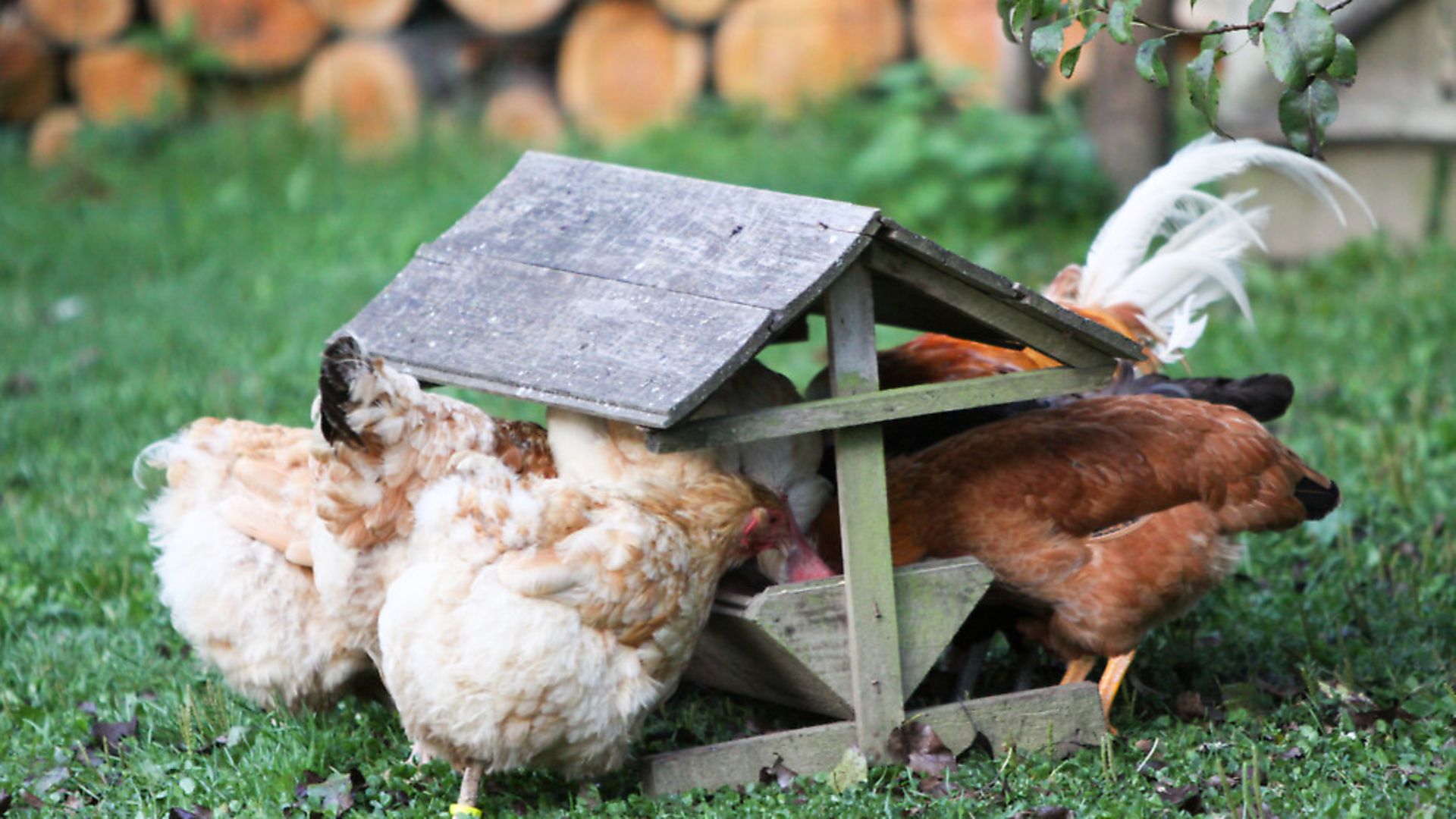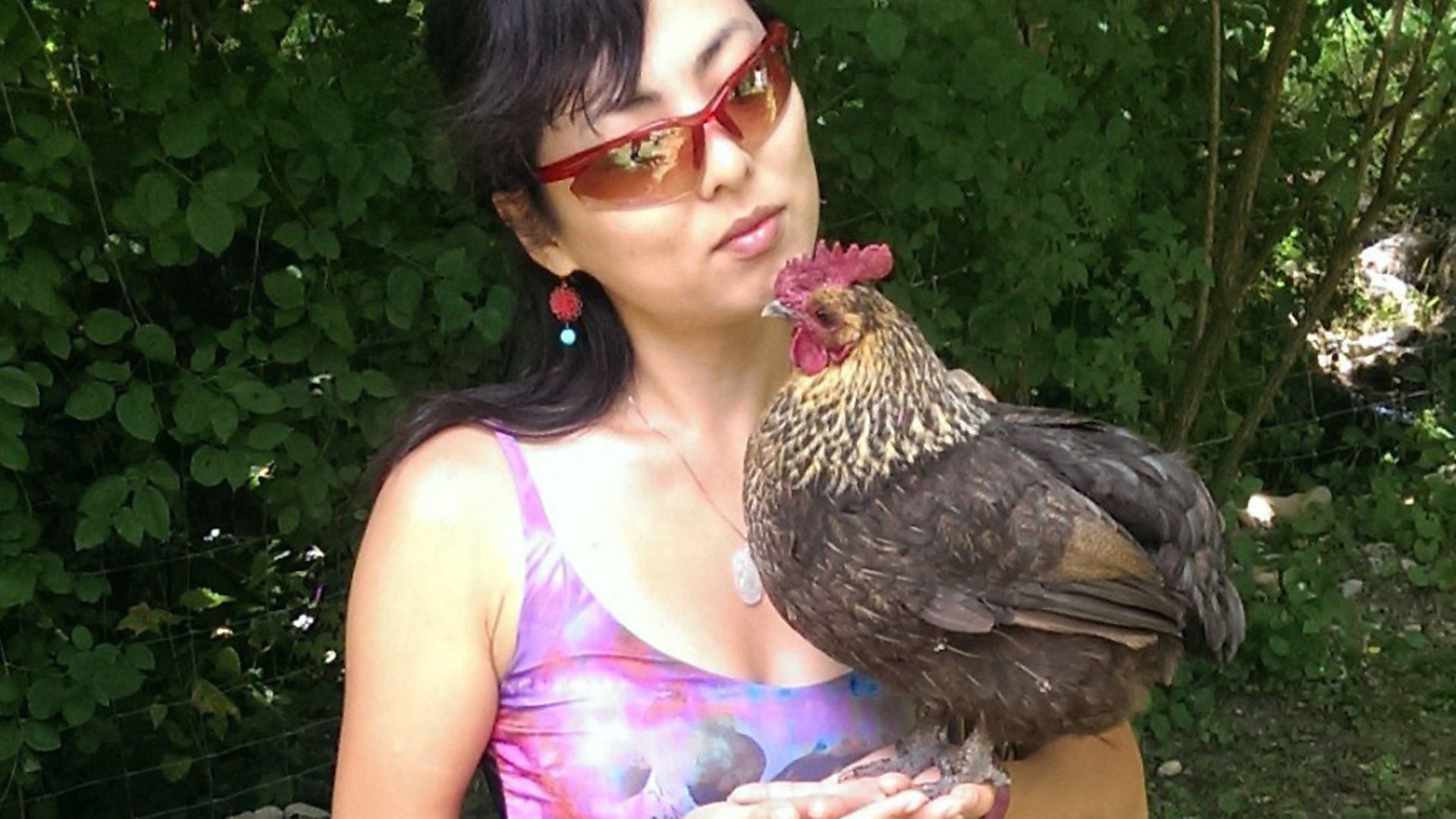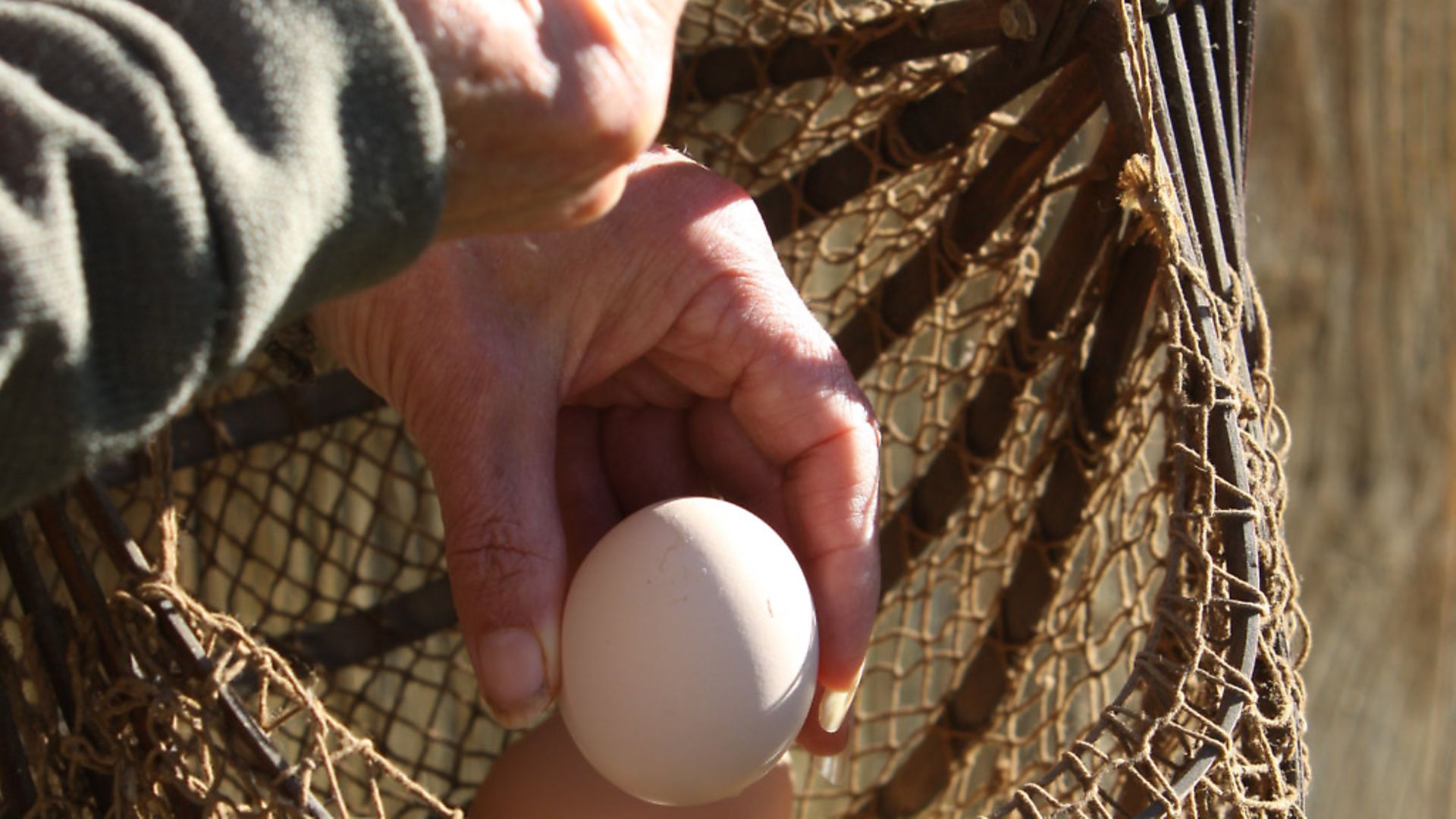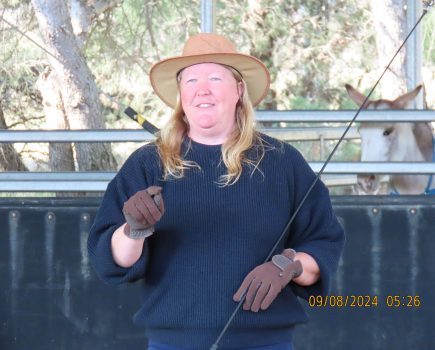A guide to getting help with your chickens when you go away, with Julie Moore

For many, keeping chickens is a lifestyle choice driven by the desire to be closer to our food system. With the rise in popularity of keeping a few hens in the garden, more and more owners are faced with the dilemma of who will care for their flock when they’re away.

It can be very hard to travel and leave your flock behind — not only will you miss your feathered friends, but you know that they have distinct needs that not everybody understands.

With the holiday season shortly upon us, we look at ways to ensure that your girls are properly cared for whilst you’re away.
Many people are familiar with the needs of a typical pet such as a cat or dog, so it’s not too difficult to find someone who will walk your dog or brush your feline friend in your absence. Looking after a hamster or feeding fish are all fairly straightforward to an animal loving neighbour. Whilst you may consider your beloved flock as pets, they fall into the category of livestock when it comes to their care.
There are now a number of chicken hotels throughout the country offering boarding services similar to a cattery or kennels. Hotels generally offer facilities for small flocks of up to six standard hens or eight bantams, but not all take roosters. Whilst booking your flock into a hen hotel offers you peace of mind that your flock will be well-cared for, you should consider the additional stresses on your flock when moving them to and from an unfamiliar environment. As chickens are creatures of habit, liking routine and their familiar environment, they don’t handle stress well. Instead of a hotel coop, you may consider using the services of a chicken-sitter.
If you’re going away for a night or two, it may be possible to leave enough food and water if your chicken coop and run are predator-proof and your feeding and watering systems allow. Even so, it would be prudent to enlist the services of a neighbour or a friend to check on your flock once or twice a day to collect eggs and ensure that feeders and waterers haven’t been knocked over. The gift of the fresh eggs they collect could be compensation for their troubles. Also bear in mind that even the best made travel arrangements can be easily disrupted, forcing an unplanned extended absence, so knowing that someone will be keeping an eye on your flock gives you peace of mind.
Longer absences
For longer absences, a more comprehensive chicken-sitting service will be needed. Ideally, you’ll want to find an experienced chicken-sitter or give some hands-on training to a chicken-loving neighbour, friend or relative. Whilst it may be hard for you to comprehend, there are many people who are genuinely afraid of chickens (alektorophobes). It may sound obvious, but a person who has an affinity for your flock will take better care of them than an alektorophobe!
By looking at your daily routine, you’ll have an understanding of what you will want a chicken-sitter to do. On a daily basis, the coop door needs to be opened in the morning and closed at night; the chickens need food and fresh water; eggs need collecting; overnight poop on the droppings boards needs to be removed; fencing should be inspected for signs of digging or bent wires to ensure that no predators have breached your security measures and a quick, visual inspection of each hen should be given to assess health or injury — chickens are notorious for hiding symptoms of illness or injury.
If you ask a friend, neighbour or relative who is a ‘novice’ chicken-sitter to look after your flock, insist on them visiting you, ideally at either coop opening or coop closing so that you can show them the ropes before you leave. Give them a tour of your set-up, showing them where the food is (and where they can find additional provisions in case they run out), where the fresh water is, how to open and close the coop door and how many hens and roosters you have! If you have any hens prone to broodiness, tell your chicken-sitter which ones and the characteristics a broody hen displays. It could be a terrifying experience, if you know nothing about broodiness, having a hen that stays in the nest box, screeching and pecking at anyone who comes close and doesn’t eat or drink much. You might also want to warn them about sunbathing and dustbathing activities — a person inexperienced with chickens could be misled into thinking something was wrong. If your hens free-range and lay their eggs outside of the nesting boxes, tell your chicken-sitter where alternative nesting sites are.
Don’t overload them with information — keep it short and simple, emphasising the most important aspects of chicken keeping that apply to your flock. Leave a short list for your chicken-sitter to refer to including: your emergency contact details, veterinary contact details and what to do if one of your flock passes away. Once, my chicken-sitting neighbour found a hen that had been killed by a predator. By wrapping the hen in several thick plastic bags and keeping her in a chest freezer until my return she allowed me to investigate the injury and choose how I disposed of the hen. Remember to bring a gift back for them as a ‘thank you’ for minding your flock!
Hiring professionals
If you don’t have a neighbour or friend to call upon, you could hire a professional chicken-sitter to look after your flock. Many pet care companies that primarily focus on sitting of the canine or feline variety will now look after chickens, horses, goats and other smallholding animals. Employing the services of a professional gives you peace of mind knowing that your flock is being cared for by someone experienced in dealing with poultry. Some sitters will double-up as house-sitters too, providing other services such as mowing the lawn and watering plants whilst you are away. Before employing a professional, you should arrange for the potential chicken-sitter to meet with you in your home so that you can interview them, see how they interact with your flock and discuss the daily routine. Ask for references too. If you feel less than comfortable with the sitter, don’t feel obliged to employ them!
Alternatively, if you’re a member of a local poultry or smallholders club, ask other members for chicken-sitter recommendations. You may find another chicken-keeper in the area who is happy to set up a reciprocal arrangement with you whereby you look after their flock when they are away and they look after yours. If these options are fruitless, ask local veterinarians whether they have a list of reputable pet sitters who have experience with chickens.
While keeping chickens and wanting to take a break may seem problematical, by researching options in advance of your holiday, hopefully you’ll find a reliable and conscientious chicken-sitter you can call upon whenever travel opportunities arise.
Image(s) provided by:
Archant
Archant
Archant







